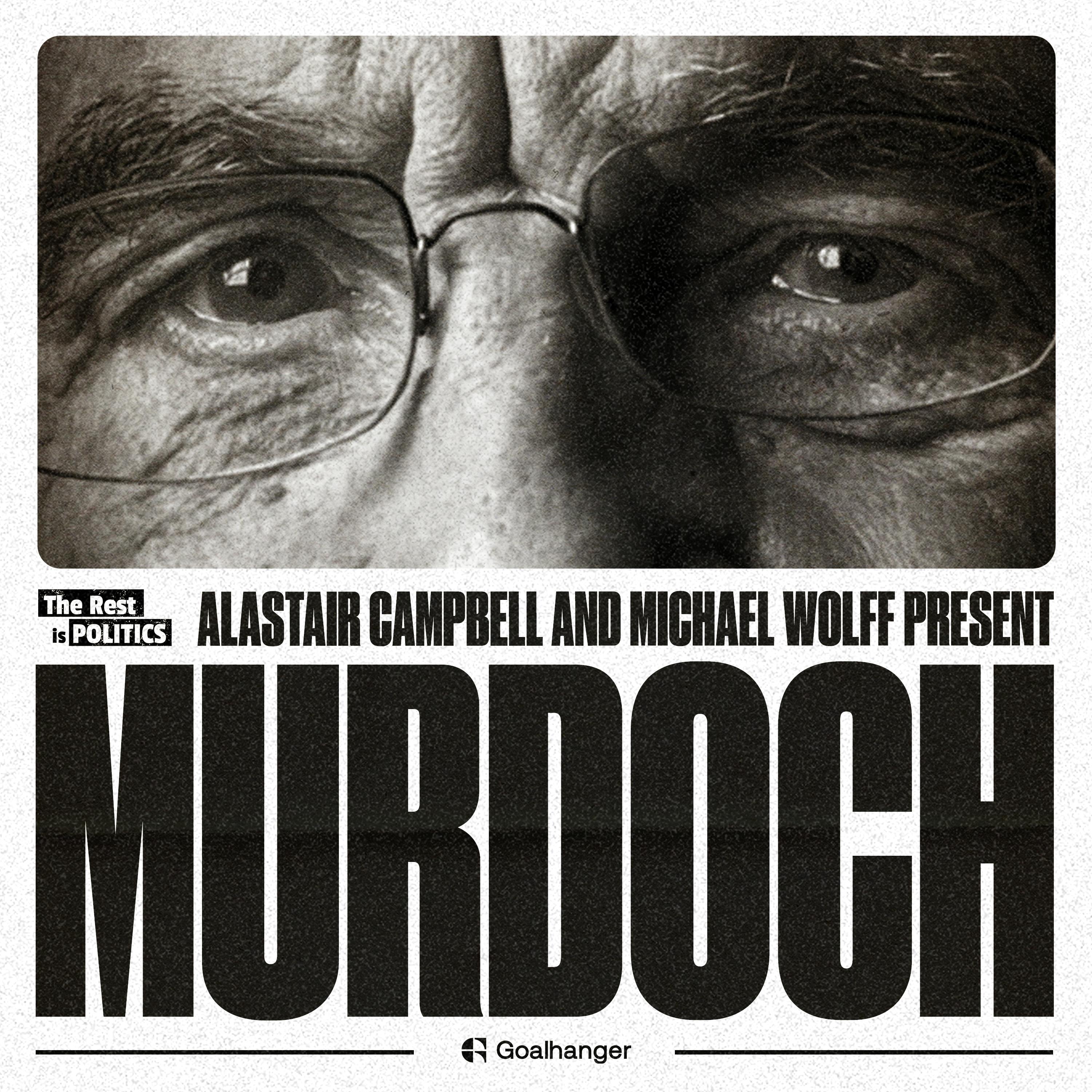The Rise of Rupert Murdoch: Making of a Mogul (Part 1)
Why is Rupert Murdoch considered such an influential figure? What was his childhood and family like growing up in Australia? How did he establish his groundbreaking media presence in the UK?
Alastair is joined by two-time Rupert Murdoch biographer, Michael Wolff, to discuss all this and more.Unlock the full five-part mini-series The Rise and Fall of Rupert Murdoch – only with TRIP+. Members enjoy bonus episodes, ad-free listening, and early access to new shows. Start your 7-day free trial today at therestispolitics.com
Written & Produced by: Nicole Maslen
Video Editor: Josh Smith
Social Producer: Celine Charles
Filmed by: Charlie Rodwell
Senior Producer: Callum Hill
Learn more about your ad choices. Visit podcastchoices.com/adchoices
Alastair is joined by two-time Rupert Murdoch biographer, Michael Wolff, to discuss all this and more.Unlock the full five-part mini-series The Rise and Fall of Rupert Murdoch – only with TRIP+. Members enjoy bonus episodes, ad-free listening, and early access to new shows. Start your 7-day free trial today at therestispolitics.com
Written & Produced by: Nicole Maslen
Video Editor: Josh Smith
Social Producer: Celine Charles
Filmed by: Charlie Rodwell
Senior Producer: Callum Hill
Learn more about your ad choices. Visit podcastchoices.com/adchoices
Press play and read along
Transcript
Transcript is processing—check back soon.
The Rest Is Politics — The Rise of Rupert Murdoch: Making of a Mogul (Part 1)

